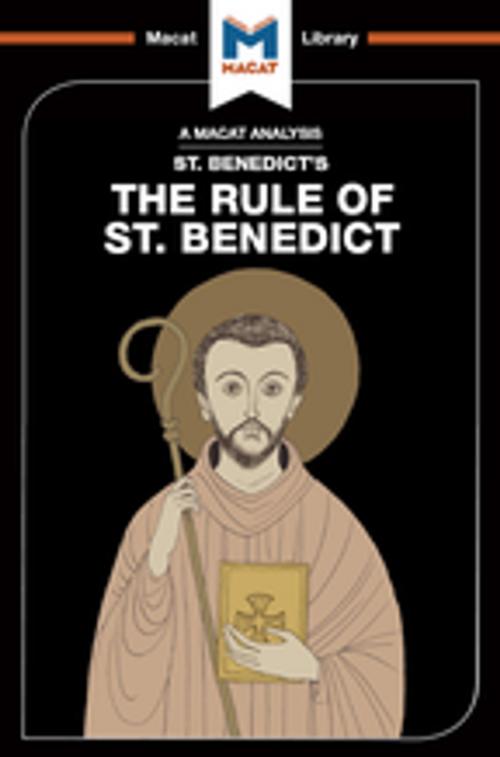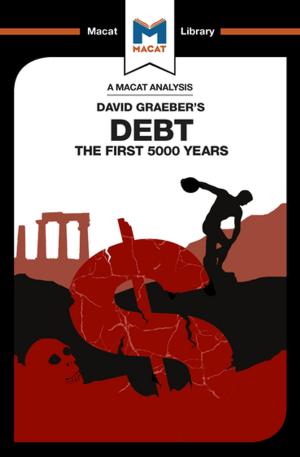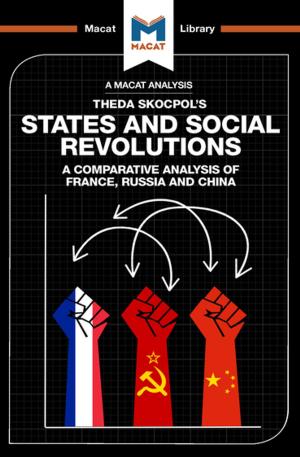| Author: | Benjamin Laird | ISBN: | 9781351352857 |
| Publisher: | Macat Library | Publication: | July 5, 2017 |
| Imprint: | Macat Library | Language: | English |
| Author: | Benjamin Laird |
| ISBN: | 9781351352857 |
| Publisher: | Macat Library |
| Publication: | July 5, 2017 |
| Imprint: | Macat Library |
| Language: | English |
The Rule of St Benedict, written around 1500 years ago by the Italian monk St Benedict of Nursia, is a slim handbook for monastic life – a subject many modern readers would regard as relatively niche. It is, however, also a model of the organized and clearly expressed thought produced by good reasoning skills – a mainstay of critical thinking.
Reasoning is all about making a good case for something, through logical arguments, neatly and systematically organised. In Benedict’s case, his main concern was to lay out a set of rules and practices that would allow monasteries to run as well-organised communities. Communal living presented huge challenges, and yet it was also, Benedict believed, the best way for monks to sustain themselves, their religion, and the learning and teaching that went with it. His Rule laid out concise but detailed chapters on the best way to achieve this, including provisions for all areas of personal and communal discipline, right down to how tasks might be allotted to individual monks.
Providing a complete roadmap for successfully running a community, the concise brilliance of The Rule has even been suggested by some business professors as useful model for running small businesses today.
The Rule of St Benedict, written around 1500 years ago by the Italian monk St Benedict of Nursia, is a slim handbook for monastic life – a subject many modern readers would regard as relatively niche. It is, however, also a model of the organized and clearly expressed thought produced by good reasoning skills – a mainstay of critical thinking.
Reasoning is all about making a good case for something, through logical arguments, neatly and systematically organised. In Benedict’s case, his main concern was to lay out a set of rules and practices that would allow monasteries to run as well-organised communities. Communal living presented huge challenges, and yet it was also, Benedict believed, the best way for monks to sustain themselves, their religion, and the learning and teaching that went with it. His Rule laid out concise but detailed chapters on the best way to achieve this, including provisions for all areas of personal and communal discipline, right down to how tasks might be allotted to individual monks.
Providing a complete roadmap for successfully running a community, the concise brilliance of The Rule has even been suggested by some business professors as useful model for running small businesses today.















